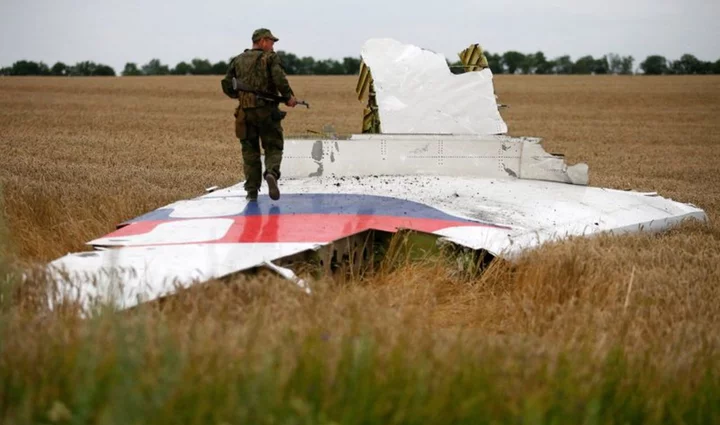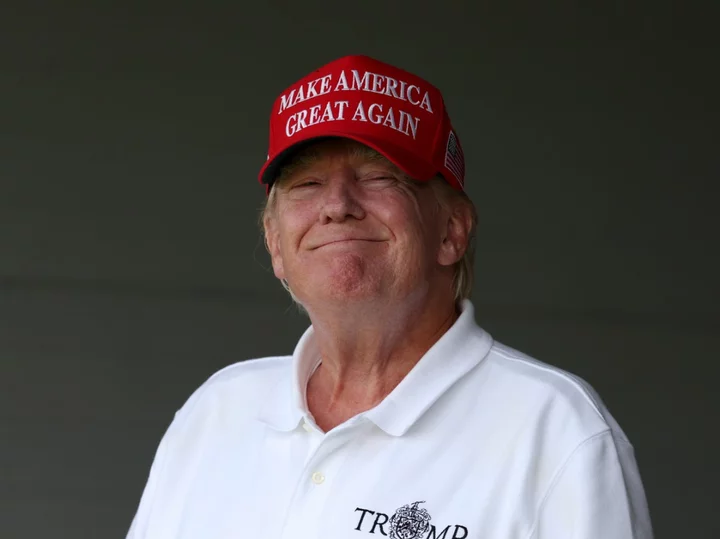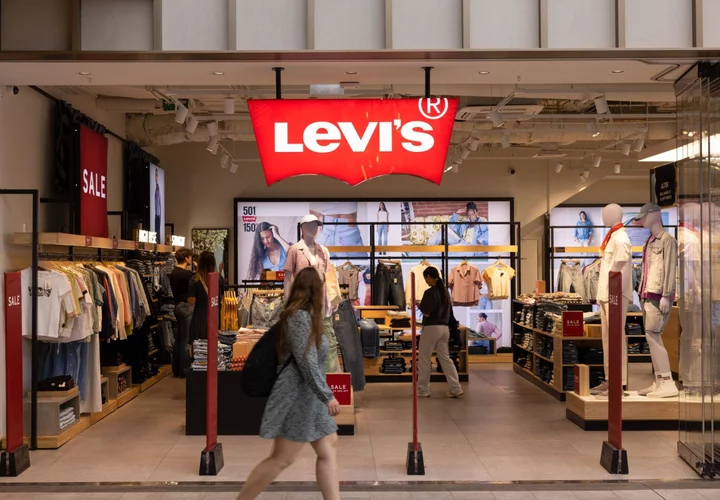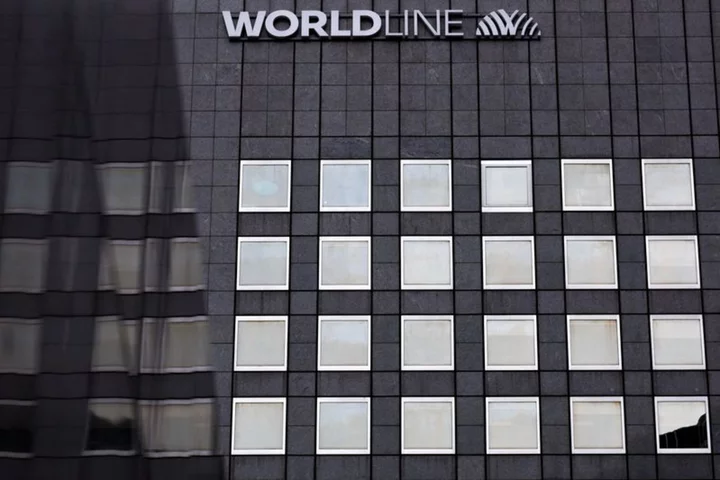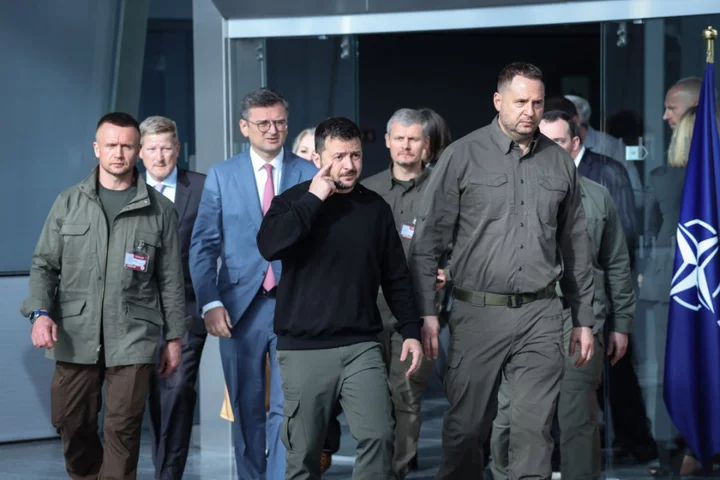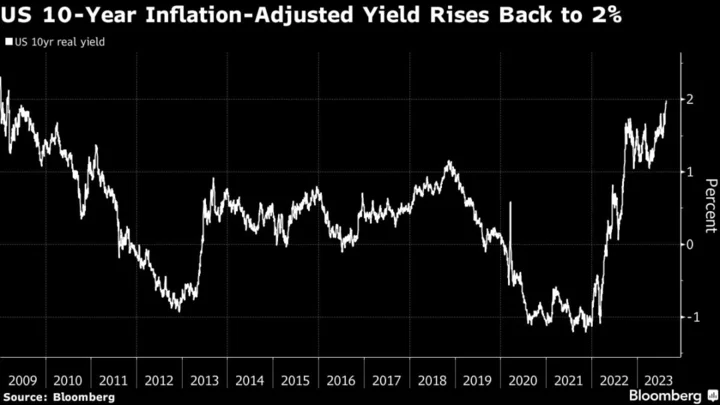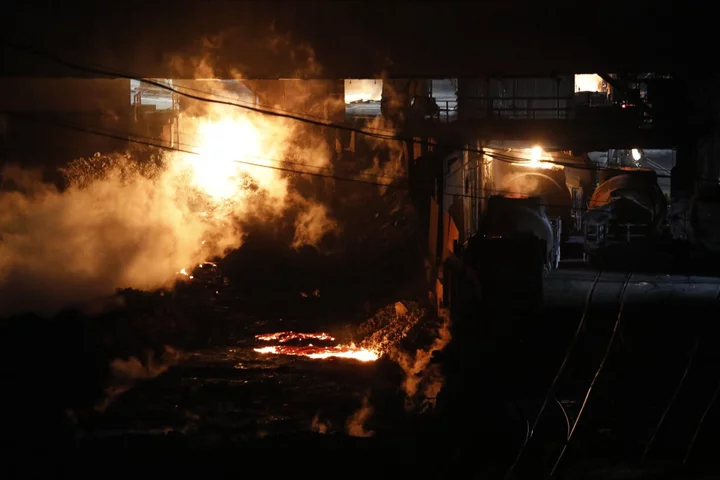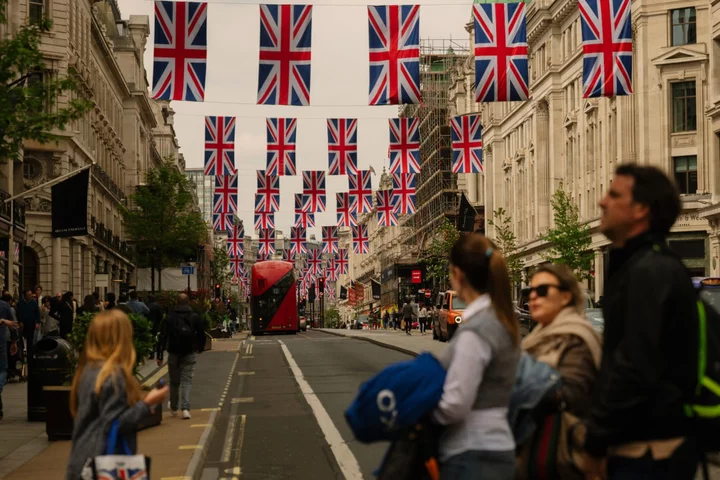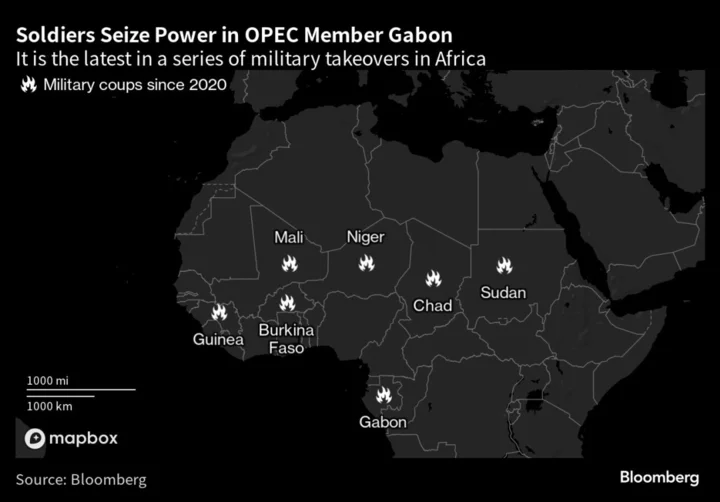By Stephanie van den Berg
THE HAGUE Ukraine and Russia face off at the top United Nations court on Tuesday over Moscow's alleged backing of pro-Russian separatists blamed for the shooting down of Malaysian Airlines Flight MH17 in 2014.
Judges at the International Court of Justice will hear Ukraine's claim that Moscow violated a U.N. anti-terrorism treaty by equipping and funding pro-Russian forces who international investigators concluded shot down the jetliner over eastern Ukraine, killing all 298 passengers and crew.
Flight MH17 departed from Amsterdam and was bound for Kuala Lumpur when it was struck by a Russian-made missile on July 17, 2014 as fighting raged between pro-Russian separatists and Ukrainian government forces, the precursor of today's war.
It will be the first time lawyers for Ukraine and Russia meet at the ICJ, also know as the World Court, since Moscow launched a full-scale invasion of Ukraine on Feb. 24, 2022.
A Russian Embassy official in The Hague could not be reached for comment. Ukraine will first present its case and Russia will then have an opportunity to respond. Moscow has tried to get the ICJ case thrown out, arguing the court has no jurisdiction.
Last November, a Dutch court convicted two Russian men and a Ukrainian national in absentia of murder for their role in the MH17 downing and sentenced them to life in prison. It also found that Russia had "overall control" over forces in the breakaway Donetsk People's Republic in eastern Ukraine since mid-May 2014.
A finding by the World Court that Russia equipped and funded rebels in eastern Ukraine responsible for the MH17 disaster would be a defeat for Moscow, which repeatedly denied sending troops or military equipment to eastern Ukraine in 2014.
It could boost legal claims for damages or reparations from not only the state of Ukraine but also from individual victims of the conflict.
Russia boycotted hearings at the court in March 2022 that dealt with a request by Ukraine to impose emergency measures in another ICJ case in which Kyiv is countering Moscow's claim it invaded Ukraine to prevent genocide against Russian-speakers.
Rulings of the ICJ, the U.N.'s top court for disputes between states, are binding but have no enforcement mechanism.
Russian President Vladimir Putin is also the subject of an arrest warrant by the International Criminal Court, also in The Hague, on charges of war crimes over Ukrainian child abductions. The Kremlin denies those charges.
(Reporting by Stephanie van den Berg; editing by Mark Heinrich)

